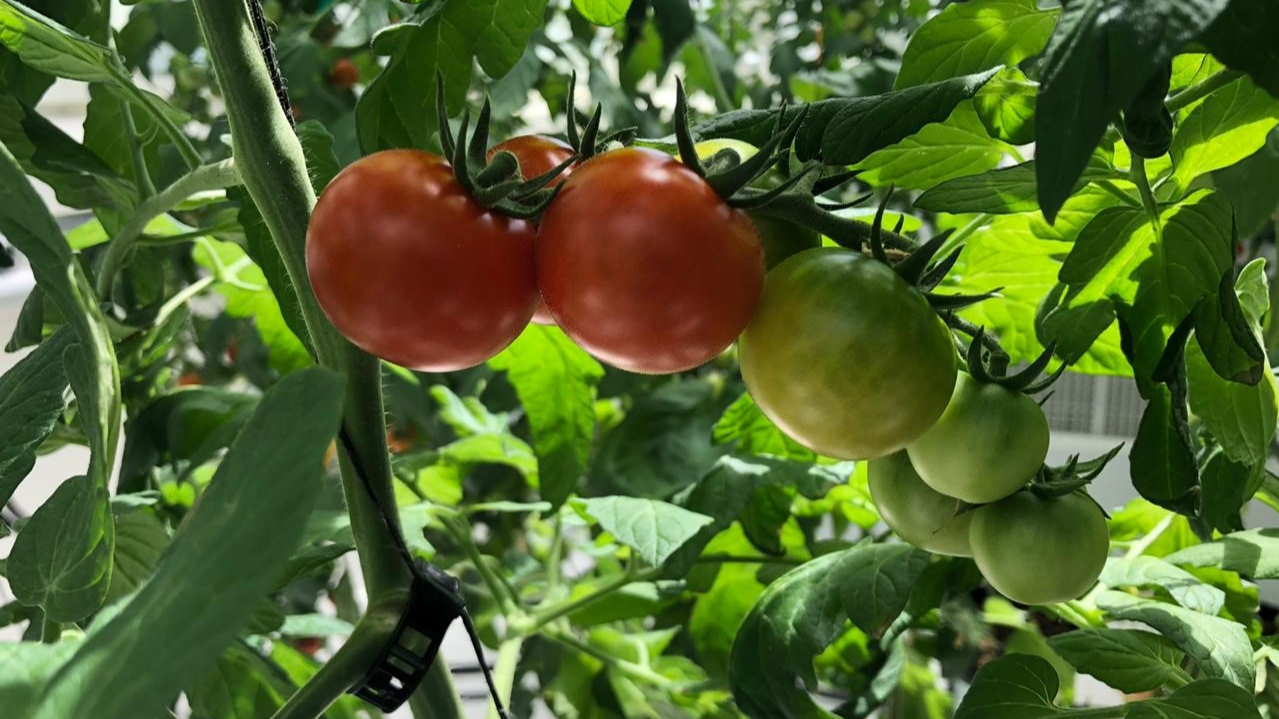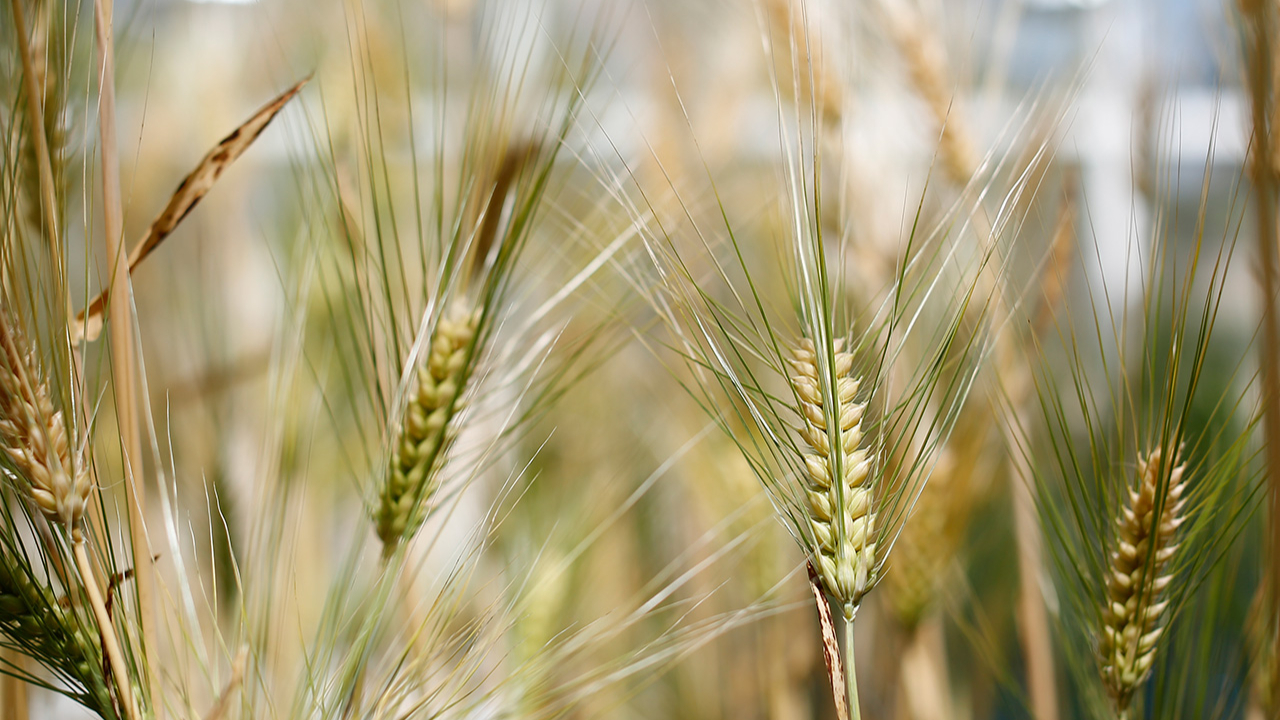Feeding the world in a changing climate

The path from laboratory experiments to field trials and commercialization is a long one for plant scientists. It is a pipeline KAUST’s Center of Excellence for Sustainable Food Security (CoE-SFS) plans to condense by helping researchers scale up projects and cultivating partnerships, both internationally and within Saudi Arabia.
The Center’s aim is to ensure research developments translate into tangible impact in the Kingdom, the region, and globally. In just one year of operation, it already has 12 translation projects focused on plant growth and water security, and established partnerships with both public and private entities.
“We need to make rapid changes in how we do things in order to grow crops in a hotter world with a more variable climate and less water available for plants,” says Chair of the CoE-SFS, Mark Tester.
Rather than focusing on climate change, Tester prefers to talk about environmental change. “The wider environmental change that will challenge agriculture includes increased fertilizer use, the need to increase efficiency of these fertilizers, and water supplies, which are becoming significantly limiting in many regions responsible for feeding billions of people,” he says.
On the positive side, he points to the adaptability of plant breeders, who are responding rapidly to the challenges of climate change, and farmers who are also responding by changing the crops or the varieties they grow and how they grow them.
Tester himself has achieved a remarkable breakthrough that occurred “almost by accident” as a spinoff from his research on salinity tolerance of plants.
Based on germplasm developed from wild crop relatives, Tester and his team have developed highly stress-tolerant rootstocks with massive roots that can reach deep into the soil to extract water. These rootstocks are grafted on to popular varieties of tomatoes and other high-value crops, including cucumbers, melons, eggplants, and capsicums. The resulting plants thrive in hot, dry conditions with increased yields and lower inputs.
“My idea was to find a fast route to market by developing the rootstock from these wild relatives and grafting the plant that we want to eat on the top half,” says Tester.
Through his start-up company, Iyris, Tester and his team are now conducting commercial field trials with many of the world's largest tomato growing and processing companies in more than 12 countries.
Challenges
As well as driving the shift to hotter, drier growing conditions, climate change is also exacerbating the spread of plant pests and diseases. Brande Wulff, Co-chair of the CoE-SFS, says the changing climate creates opportunities for pests and pathogens to spread into areas where the local crops or varieties have not been selected for resistance to them.

Each year about 20 percent of global wheat production is lost to pests and diseases, and breeding resistant cultivars is one of the most economical and environmentally friendly ways to address the problem.
Advances in genome assembly technology over the past decade have enabled plant researchers to rapidly pinpoint candidate disease-resistance genes in a plant’s genome.
Wulff’s team has cloned numerous disease resistance genes from wild wheat relatives using the latest DNA sequencing techniques.
In one successful project, they identified stem rust resistance in the wild cereal plant Aegilops sharonensis and transferred the resistance gene into bread wheat. The resulting transgenic wheat lines show high levels of resistance to the stem rust pathogen.
“The wild relatives of wheat provide a reservoir of genetic diversity for crop improvement,” says Wulff. “Advances in genomics and bioinformatics are fueling an exponential growth in the discovery and cloning of disease resistance genes in wheat and its wild relatives. This is providing exciting opportunities for engineering broad-spectrum and durable disease resistance into wheat,” he adds.
Importantly, the cloned genes can be combined with other cloned rust resistance genes into multi-gene stacks to create lines with better and more durable resistance.
“Such polygene stacks would be very difficult for pathogens to overcome, potentially turning wheat into a non-host for these devastating diseases,” predicts Wulff.
He says a challenge for plant breeders is the opposition to genetically modified crops in many countries.
“We really need to come together and adopt these technologies around the world. Otherwise, we are fighting the global challenge of food security with one hand tied behind our back.”

